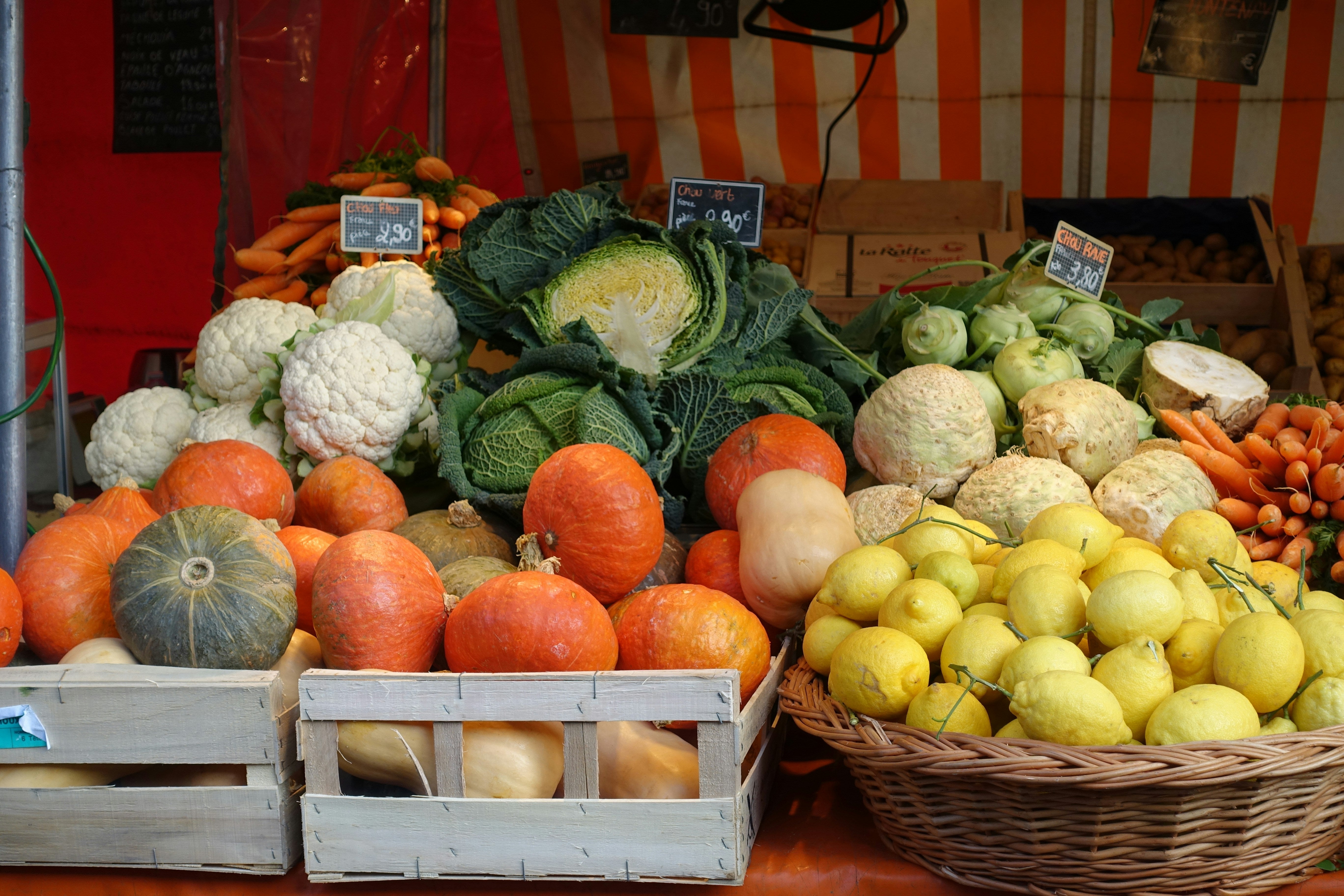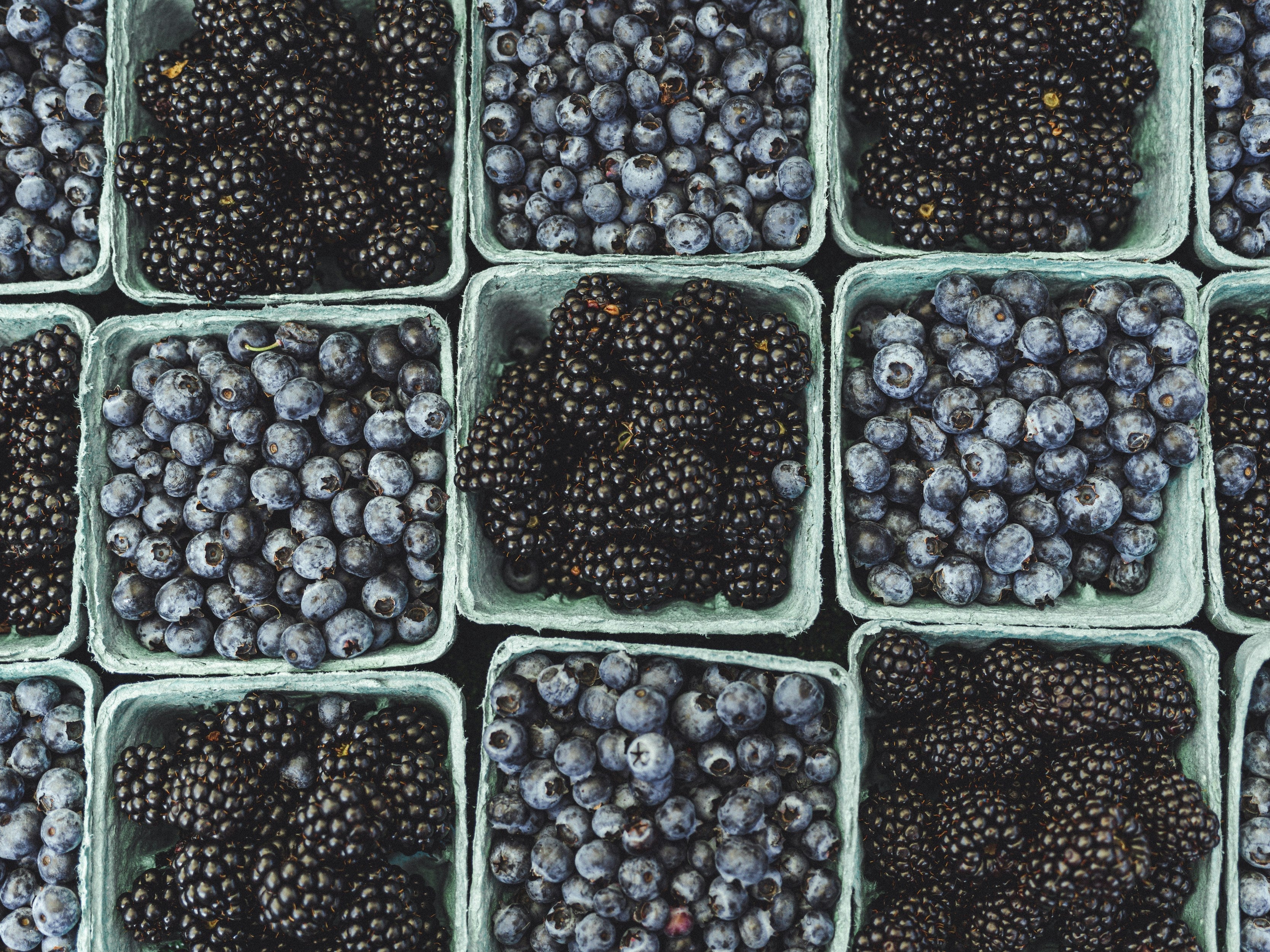The Importance of Eating with the Seasons

The importance of eating with the seasons

In recent years, there has been a significant rise in the local food movement, where individuals are becoming more conscious of supporting nearby farmers and consuming foods that are grown locally. This movement not only benefits the environment by reducing the carbon footprint associated with long-distance transportation but also supports the local economy. What many people don’t realize is that eating seasonally doesn’t just help the world around us — it can also enhance our health and overall well-being.
By choosing to eat foods that are in season, you ensure that the produce is fresh, nutrient-rich, and aligned with what the environment can sustainably provide at that time. Whether you’re enjoying summer berries or winter squash, eating seasonally encourages you to reconnect with nature’s cycles and stay attuned to your body’s changing needs throughout the year.
The Problem with Out-of-Season Produce
Most of us are used to seeing the same fruits and vegetables in the grocery store all year round. With global trade and advanced transportation systems, grocery stores stock produce from all over the world, allowing us to enjoy tropical fruits like mangoes and bananas in the middle of winter. But is this system truly in our best interest?
When fruits and vegetables travel an average of 1,500 miles from their point of origin, they often lose a significant amount of their nutritional value. In fact, it’s estimated that produce can lose up to 50% of its nutrients during transport. This means that while you might be enjoying a sweet mango in December, the nutritional benefit of that fruit may be drastically reduced.
Additionally, out-of-season produce is often grown in regions that require heavy pesticide use, artificial ripening techniques, and other practices that aren't ideal for the environment or your health. While convenient, the practice of eating produce that’s not in season comes at a cost — both to the planet and to our well-being.
Seasonal Eating: A Healthier, More Mindful Choice
Eating seasonally means eating in tune with the natural rhythm of the earth, allowing us to enjoy produce at its peak of freshness and nutritional value. When we eat with the seasons, we are also eating what’s most beneficial for our bodies at any given time.
In summer, for example, the hot weather calls for foods that are high in water content to keep us hydrated. Fruits like watermelon, cucumbers, and peaches are perfect for replenishing fluids and providing a refreshing burst of energy. These foods are naturally packed with the hydration our bodies crave in warmer months. On the other hand, in winter, when our bodies need more warming, sustaining foods, we can turn to hearty root vegetables and squashes to help nourish us and keep us grounded.
Eating seasonally also promotes a deeper connection to our local environment. When we eat what’s available in our region, we can better understand the changes in weather and how our bodies naturally respond to them.
Summer Produce: Hydrating, Fresh, and Full of Flavor
Summer brings an abundance of juicy, hydrating fruits and vegetables that are perfect for the heat. This season is all about refreshment, hydration, and lightness. Some of the most popular summer produce includes:
- Watermelon: Packed with water and antioxidants, watermelon is not only hydrating but also helps reduce inflammation and supports cardiovascular health. For a delicious way to enjoy watermelon, try Living Juice's seasonal favorite - Watermelon Mint!
- Tomatoes: Rich in vitamins A and C, tomatoes are a staple in summer salads, sandwiches, and salsas. Their lycopene content has been linked to cancer prevention.
- Berries: Strawberries, raspberries, blackberries, and blueberries are antioxidant powerhouses, loaded with vitamin C, fiber, and polyphenols that support the immune system and skin health.
- Cucumbers: High in water content and low in calories, cucumbers help keep you hydrated and are ideal for cooling down during hot days.
- Peaches and Nectarines: These stone fruits are not only juicy and sweet but also offer a good dose of vitamins A and C, promoting healthy skin and boosting immunity.
In addition to hydration, these fruits and vegetables provide essential vitamins, antioxidants, and minerals that our bodies need to thrive in the summer heat.
Winter Produce: Root Vegetables and Comfort Foods
When the temperatures drop and the days get shorter, our bodies naturally crave heartier, warming foods. Winter produce is full of root vegetables, squashes, and dark leafy greens that help nourish and sustain us during colder months. Some winter staples include:
- Squash: Varieties like butternut, acorn, and spaghetti squash are not only rich in fiber but also full of vitamins A and C, which are great for boosting immunity.
- Potatoes: A humble yet nourishing food, potatoes are a great source of complex carbohydrates and potassium, perfect for keeping energy levels up.
- Kale and Broccoli: These cruciferous vegetables thrive in cooler weather and are packed with vitamins, antioxidants, and anti-inflammatory compounds that support overall health.
- Beets: A root vegetable known for its ability to improve circulation, beets are rich in folate, fiber, and antioxidants, making them a great addition to your winter meals.
- Apples and Pears: These fruits may not offer the same hydration as summer produce, but they are full of fiber, vitamin C, and antioxidants that support digestion and immune function.
As the colder months bring more demanding environmental conditions, our bodies need a little more sustenance, and these hearty foods are perfect for the job.
The Benefits of Supporting Local Farmers
Choosing to eat seasonally is also about supporting local farmers who are dedicated to using sustainable farming methods. By purchasing from local farmers' markets or directly from farms, you are helping to reduce the environmental impact of food transportation, promoting biodiversity, and ensuring that farming practices are in harmony with the environment.
Local farms are more likely to grow crops that are in line with the seasonal needs of their region, so when you buy produce from them, you're not only supporting local agriculture but also getting food that is fresher and more nutrient-dense. Plus, buying locally-grown produce helps stimulate your local economy and ensures that small-scale farmers can continue to thrive.
Seasonal Eating for a Healthier You
Eating seasonally isn’t just a trend; it’s a mindful and health-conscious choice that benefits both your body and the planet. By incorporating more local, in-season produce into your meals, you can enjoy foods at their freshest, most flavorful, and most nutritious state.
So, next time you're at the market, take a moment to think about what's in season and support local farmers who work hard to provide fresh, sustainable produce. Whether it’s summer berries or winter squash, your body will thank you for making the switch to eating with the seasons.




